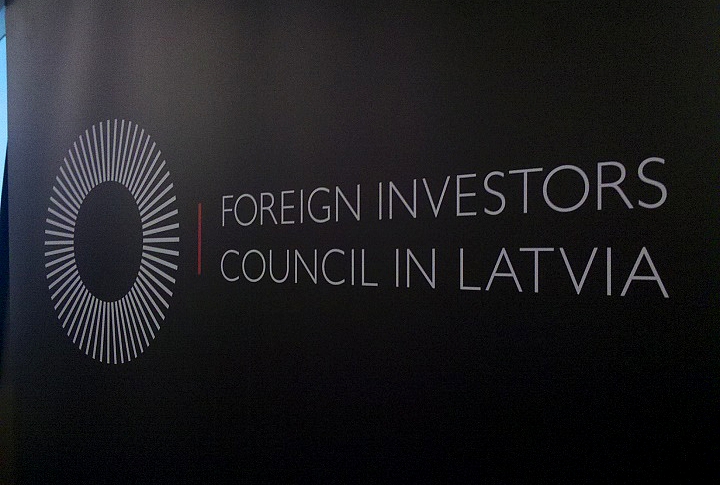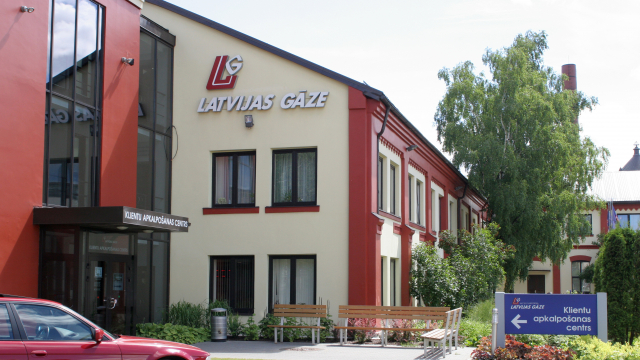The statement, issued in the name of FICIL's executive director Marta Jaksona is reproduced in full below.
Foreign Investors’ Council in Latvia (FICIL) is seriously concerned regarding the negative consequences for Latvia caused by allegations of corruption against Latvia’s central bank governor and accusations of money laundering against Latvia’s third biggest bank. This situation creates a serious reputation damage for the country and if not addressed properly endangers both, existing and new investment.
Combating all forms of economic crime – corruption, bribery, tax evasion, abuse of insolvency process, money laundering and others – has been in FICIL’s focus already for several years. It is important because the consequences of economic crimes go far beyond financial losses and economic well-being of society and business – it undermines good governance, fairness, democratic institutions and moral foundations of society.
In the current situation, Latvia’s reputation needs to be recovered as soon as possible. The only way forward is to ensure efficient and timely investigation and prosecution by the law enforcement authorities and to maintain clear and pro-active communication with all national and international partners and wider society. This would be the most efficient way to end the speculations undermining the financial sector and damaging Latvia’s reputation.
Meanwhile, Finance Minister Dana Reizniece-Ozola tried to strike an upbeat note, pointing out that credit rating agency S&P had reaffirmed 'A-/A-2' sovereign credit ratings on Latvia, despite the minister earlier warning that the country's ratings could be impacted by the crisis, which shows no sign of abating any time soon.
In its assessment of the situation regarding payment restrictions on ABLV bank, S&P wrote that "even if the bank is eventually wound down, the potential fiscal costs for the government will be modest and the banking system's financial stability will endure... The outlook remains positive, primarily reflecting the potential for Latvia's budgetary performance to be stronger over the next 18 months."
"In our view, direct fiscal risks for the Latvian state, from ABLV, are modest and primarily stem from the potential to compensate the insured deposits via the Deposit Guarantee Fund (DGF) should the bank end up being liquidated. Under Latvian laws, depositors must either regain access to their accounts at the bank within 20 working days or receive the insurance compensations due. According to the financial regulator, the total exposure of the DGF to ABLV is
relatively modest, and there is currently €160 million (0.6% of GDP) of funds already available at the DGF."
However, things could get more serious if there are what S&P calls "spillover effects", the agency warns:
"Importantly, however, the total exposure of the DGF to the NRD-focused banks,
including ABLV, is close to €2.2 billion (7.5% of GDP) according to the
authorities. This is substantially less than the DGF's overall exposure to
insured deposits of close to 30% of GDP. Consequently, even under a scenario
of substantial spillover effects from ABLV to other nonresident-focused banks,
the Latvian government's exposure, in our view, is not material or potentially
capable of undermining the country's strong fiscal position."



























